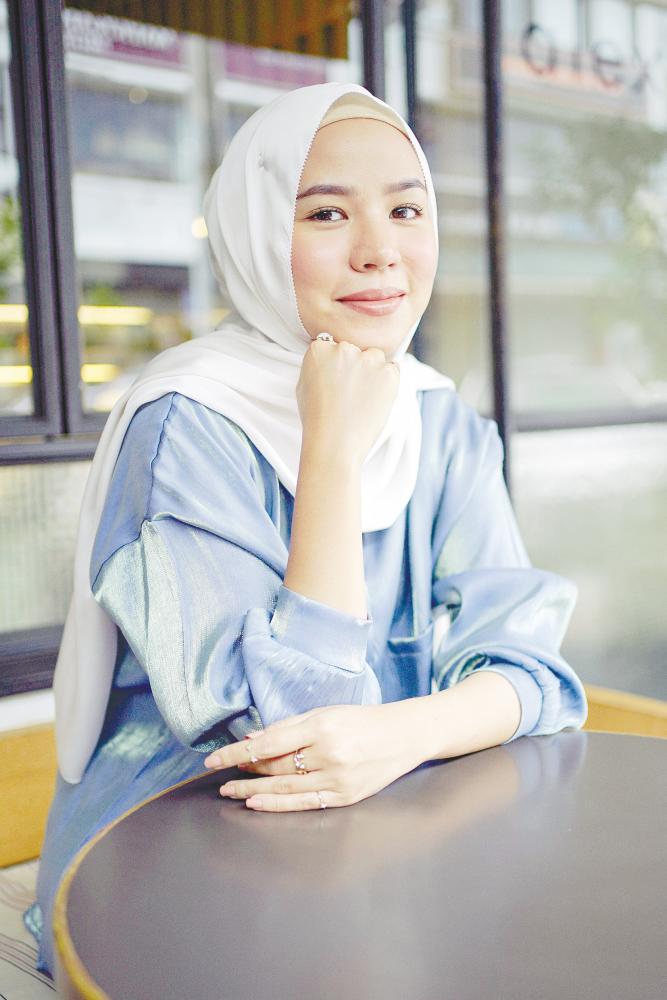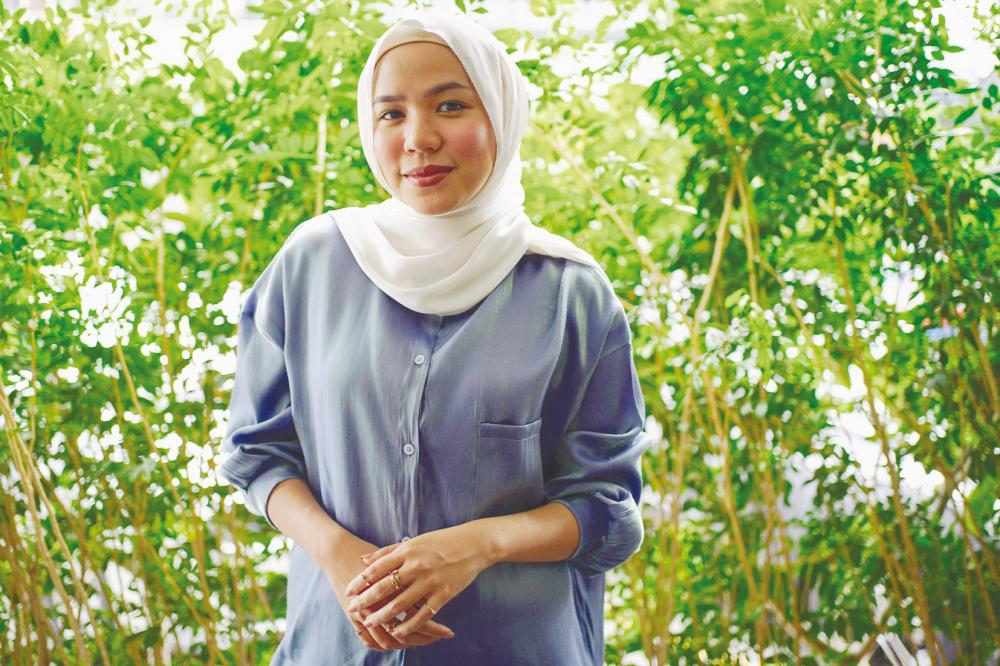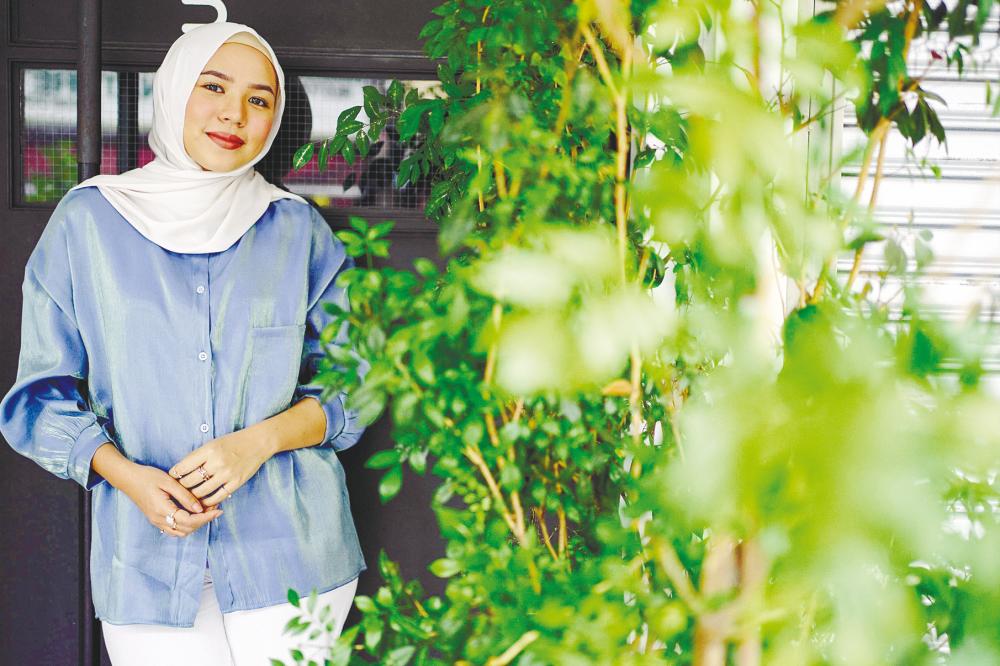INITIALLY intending to become a ‘PR Girl’, 27-year-old Att Yusof decided to pursue an education that would lay the groundwork for her future career. With a degree in Public Relations & Event Management, she eventually landed an internship, and then a job at a local fashion company, which she enjoyed.
After realising that her true passion lay in makeup, Att gave up her plans of joining the corporate world. Att started to practise applying makeup on herself, and eventually started helping her friends with their makeup. As they say, practice makes perfect.
On the social media side, Att had a number of followers on her Instagram account (@attyusof) which helped her gain exposure.
Opportunities poured in for Att, with international cosmetic brands inviting her to their beauty events, and gifting her their products for review.

What challenges do you face as a makeup artist and influencer?
“Some brands see me as a makeup artist, while others see me as an influencer. So it’s hard in a way that you don’t know where you stand with them (brands). But [the role of] makeup artist goes hand-in-hand with influencer at times. I sometimes feel that [as] an influencer, people don’t take me seriously as a makeup artist.
“People are like: ‘She’s an influencer, what does she know about makeup?’ Sometimes I feel that I need to prove [myself] to others that I have the skills.”
Being a makeup artist, is it necessary to prepare a wide range of shades to cater to all clients?
“People think that I would need all shades, but actually I only need the basics – lightest, medium, and the darkest shades – and I’ll mix them around.”

What is the most challenging part of doing makeup for another person?
“The base itself, meaning the skin. If you mess up your base, the makeup wont last! Even if the eyes look good or the lips look perfect, it can’t make up for the poor base.”
Why do you think people still need makeup artists, as there is an increase in makeup tutorial videos on YouTube these days teaching people to apply makeup on themselves?
“It is easier to watch a video than to actually do (makeup) on your face, because sometimes what you think and the movement of your hand don’t [work together] ... you want it to move a certain way but it doesn’t. The way you hold the brush and the intensity of your movement affects (the look).”
How do you handle the mistakes you make when applying makeup on your client within a given time frame?
“You will make mistakes. The first few years of learning how to fix your mistakes help you grow in a way that, when you make a mistake, you won’t panic. You already know what to do, like: ‘Okay, take cotton buds or a concealer’, you know.
“It [could be] someone’s big day and the pressure is on. But I think I work well under pressure.”

How do you fulfil a client’s expectation to look a certain way?
“What helps is Instagram, where I post the kind of looks (makeup) I can do. People know what to expect and what you can deliver. It’s like: ‘Okay, she can do this kind of look’. So, whatever a client asks for won’t run far from what they see on my Instagram profile.”
Can you share a common issue that you have to face when handling clients?
“So the thing is, Malaysians, when we search for (makeup) inspiration online, we save all these ‘mat salleh’ photos. What they (clients) expect and how they look are totally different. So when that happens, I have to educate them about the differences in their skin tone and facial features in comparison to the photos. I’m like: ‘I can’t use the same colours on you.’
“I have that problem with my tanned-skin clients. In Malaysia you have tanned-skin clients who either love their skin tone, or who want to be fairer. It’s such a pity because it is not realistic. Whenever that happens, I will make sure they know that their skin tone is really beautiful and reassure them that they don’t have to change it.”










